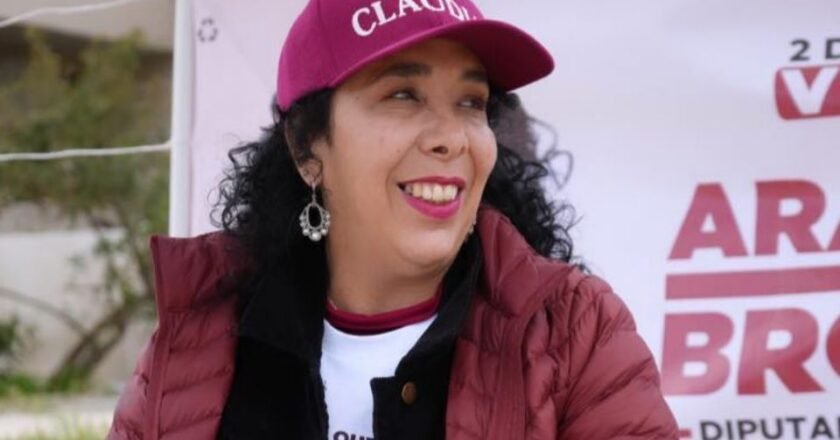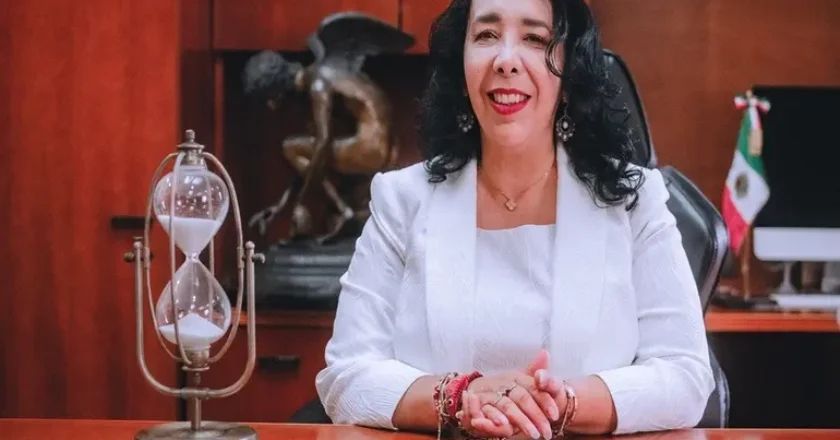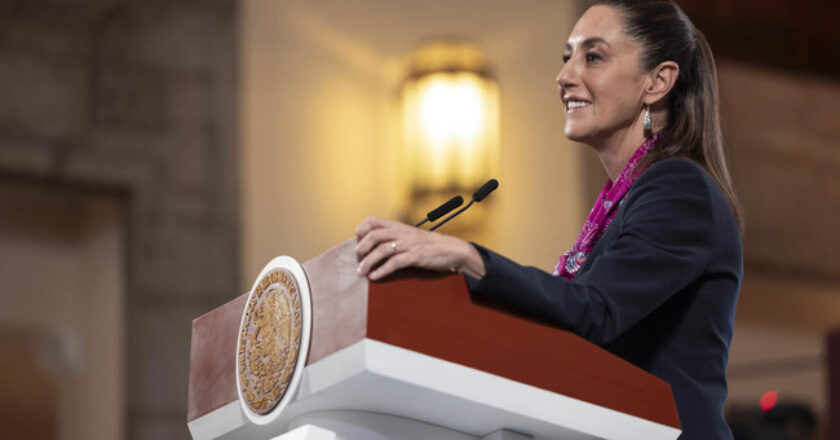Mexico’s political world has seen its share of storms, but few hit as suddenly as the one surrounding Hilda Araceli …


Mexico’s political world has seen its share of storms, but few hit as suddenly as the one surrounding Hilda Araceli …

Washington woke up with a list and Rosarito’s former mayor was on it. The U.S. Treasury’s Office of Foreign Assets …

Mexico demands evidence after U.S. accuses three banks of laundering cartel cash MEXICO CITY — Just days after the U.S. …

FinCEN calls out CIBanco, Intercam, and Vector for helping cartels move dirty money It’s not every day the U.S. Treasury …